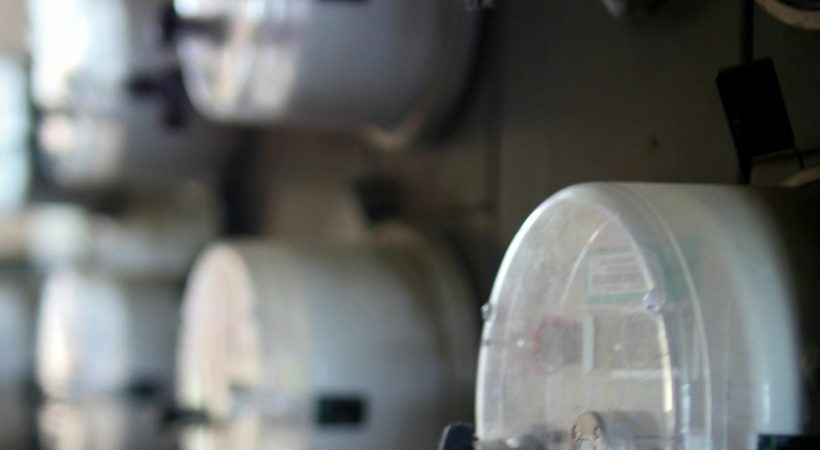- by Business Electric
- Jan 12, 2024
- 0 comments
How Half-Hourly Business Energy Meters Work: A Complete Overview
A crucial tool in energy management is the Half-Hourly Business Energy Meter. This is device designed to provide accurate and detailed insights into a company’s energy consumption patterns. Here’s how these meters operate and the invaluable role they play in shaping energy strategies for businesses.
Half-Hourly Business Energy Meters are designed to capture energy consumption data at 30-minute intervals. These meters are predominantly used by medium to large businesses, providing granular insights for precise energy management. Accuracy is a hallmark feature, with data collected reflecting real-time usage patterns. The implementation of these meters is often mandatory for businesses with high energy consumption, helping meet regulatory requirements.
Meter Functionality
At its core, a Half-Hourly Business Energy Meter operates by recording energy consumption data at regular half-hour intervals throughout the day. This frequent interval ensures a detailed and accurate representation of the energy demand profile, enabling businesses to identify peak usage periods and implement strategies to optimise energy consumption.
The meter is typically connected to a communication network, allowing automatic transmission of data to energy suppliers. This real-time data exchange facilitates accurate billing based on actual consumption rather than estimations, fostering transparency and eliminating discrepancies.
Key Components
- Measurement Unit: Captures electricity consumption data at 30-minute intervals.
- Communication Module: Enables data transmission to energy suppliers for billing and analysis.
- Memory Storage: Stores historical consumption data for reference and analysis.
Benefits for Businesses
- Accurate Billing: Half-Hourly Business Energy Meters eliminate the need for estimated bills, ensuring that businesses are charged based on actual usage, promoting fair and transparent billing practices.
- Cost Reduction: With detailed insights into energy consumption patterns, businesses can identify areas of inefficiency and implement strategies to reduce energy usage during peak times, leading to cost savings.
- Environmental Impact: By understanding their energy usage profiles, businesses can implement measures to reduce their carbon footprint, aligning with sustainability goals and contributing to a greener environment.
- Regulatory Compliance: Many regulatory bodies mandate the use of Half-Hourly Business Energy Meters for businesses exceeding certain energy consumption thresholds. Compliance with these regulations is crucial to avoid penalties and ensure operational continuity.
Implementation and Challenges
Implementing Half-Hourly Business Energy Meters involves collaboration between businesses, energy suppliers, and meter operators. The process includes the installation of the meter, configuration for data transmission, and testing to ensure accurate functionality. While the benefits are substantial, there are challenges, including initial costs, potential disruptions during installation, and the need for ongoing maintenance to ensure accurate data capture.
Key Implementation Steps
- Site Survey: Assessing the business premises to determine the most suitable meter location.
- Installation: The physical installation of the meter and configuration for data transmission.
- Testing: Ensuring the meter accurately captures and transmits data before full implementation.
- Ongoing Maintenance: Regular checks and updates to ensure continued accuracy and functionality.
Half-Hourly Business Energy Meters stand as indispensable tools for businesses seeking to manage their energy consumption effectively. With their ability to provide precise, real-time data, these meters empower businesses to make informed decisions, optimise costs, and contribute to sustainability goals. As the business landscape continues to evolve, the adoption of such advanced technologies becomes not only beneficial but, in many cases, essential for long-term success.

